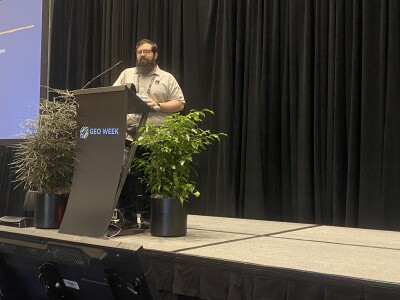Here at SPAR, we’ve been talking about laser scanning for accident reconstruction since way back in 2004, but it’s nice to see the rest of the world start to pay attention: BBC News reported this week that officials in England are spending some £6 million on laser scanning equipment so as to more quickly document crash scenes and clear roadways.
Before we talk about how much bang they’re getting for that buck, let’s talk about why they’re making the investment. Essentially, it boils down to this:
Roads minister Mike Penning said: “We need growth. That means I need my motorways working better. I need them open, I need them swept so I am investing £3m to offset the £1bn we are losing.”
(I know, you’re like, “I thought it was £6 million.” Well, the police are matching that Department of Transport spend with £3 million of their own.)
So, how are they saving all that money? Essentially, the DoT estimates that every hour of road closure costs about £50k (which maybe seems a little specious to me, but they’re the experts), and there were 20,000 hours of closure due to accidents last year, and so, voila, £1 billion in lost money for England. (Go here to see the write-up of the Highways Agency laser scanning trial done in 2010.)
With the scanner, crash scene investigation takes much less time, because they can document the scene and then take some measurements after the fact from the point cloud.
Of course, as loyal SPAR readers, you’re well aware of this benefit, but it’s nice to see an entire country coming on board with this way of thinking. And surely, you’re thinking, £6 million buys a bunch of scanners, right?
Well, only 20, actually. There must be some money in there for training and ancillary gear and what not as well, but I guess they’re not buying FAROs or Leica C5s. Seems like they could get 20 of either of those for about £1 million, or thereabouts…





